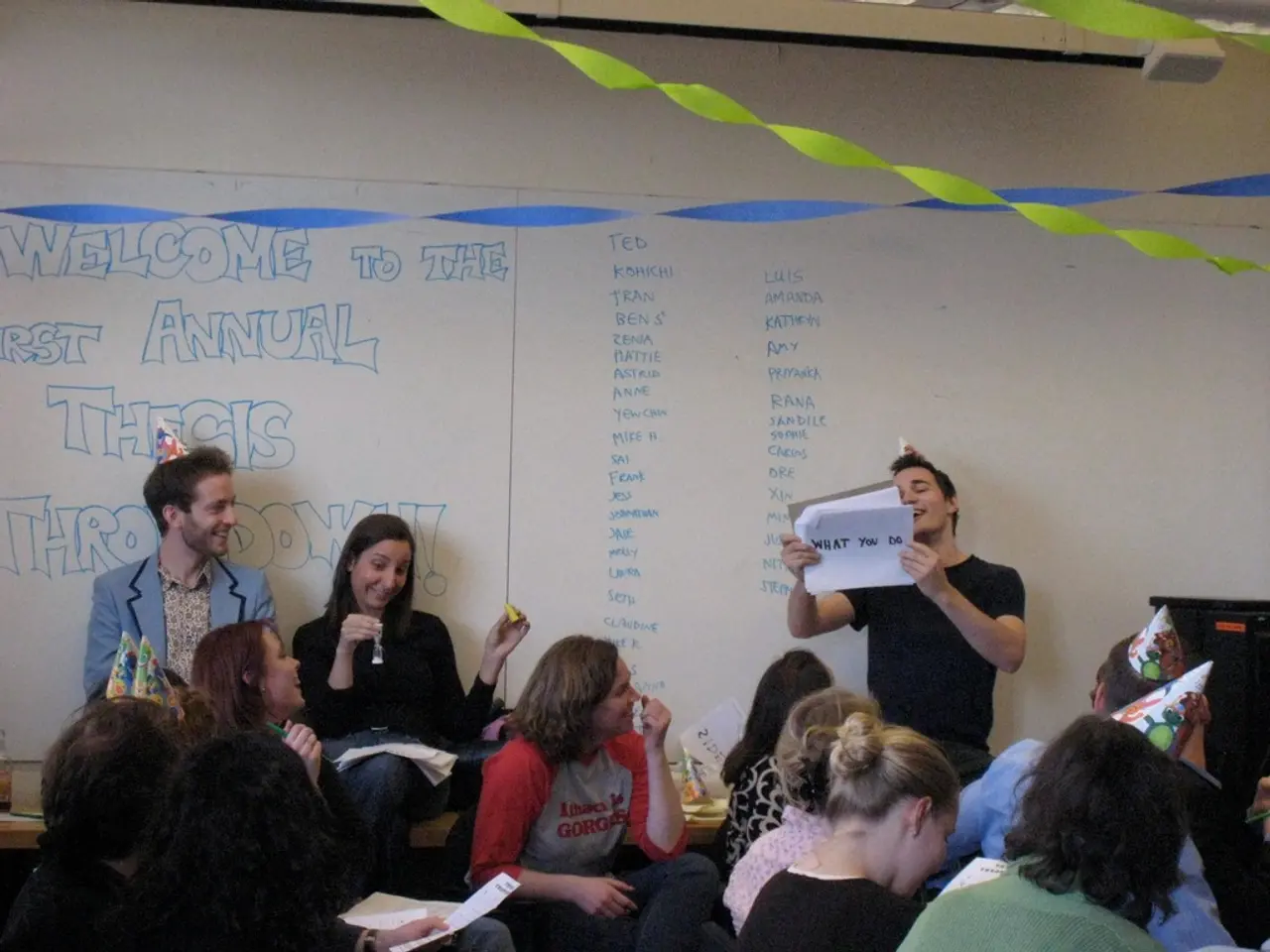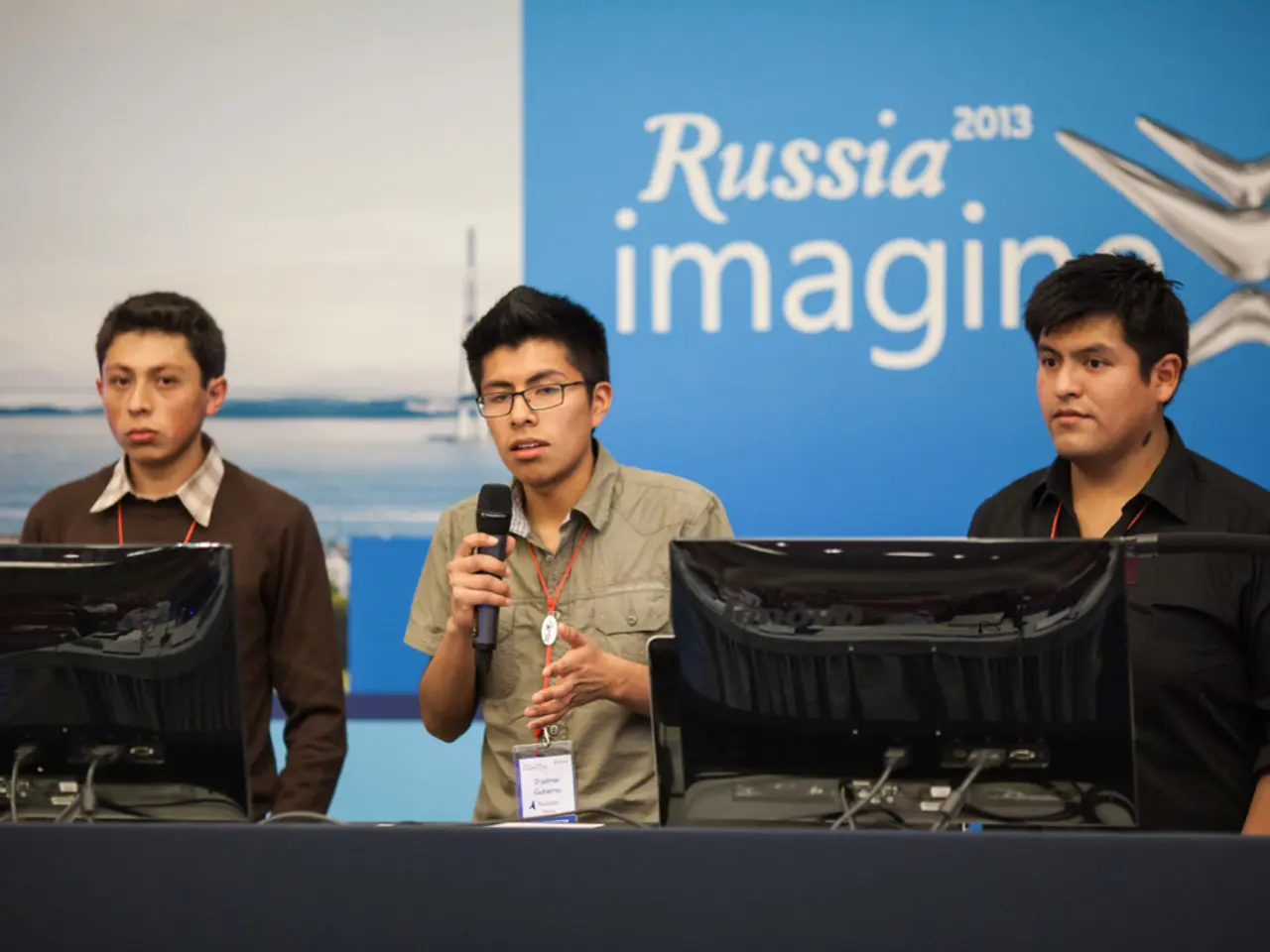World Should Always Remember, According to Steinmeier
The atomic bombings of Hiroshima and Nagasaki, carried out by the United States on August 6 and 9, 1945, remain the only use of nuclear weapons in history. These devastating events virtually destroyed the Japanese cities, killing tens of thousands of civilians instantly and many more later from radiation effects.
The bombings, which marked the dawn of the nuclear age, resulted in unprecedented destruction. In Hiroshima, civilian casualties constituted roughly 90% of the dead, with about 70,000 killed instantly and over 100,000 by year-end. Nagasaki, bombed three days later, saw about 40,000 killed instantly and many thousands more thereafter.
These events changed global military and political dynamics, introducing nuclear weapons as key strategic tools. They have been the subject of deep ethical and legal debate, with supporters arguing they prevented prolonged warfare and further casualties, while critics contend they were unnecessary and constituted war crimes.
As we commemorate the 80th anniversary of these tragic events, Germany is once again taking a leading role in promoting peace and disarmament. Commemorative events are being held in Germany on August 6 and 9, remembering the victims and urging the international community to do everything in its power to prevent the horrors of a new nuclear weapons use.
President Frank-Walter Steinmeier paid tribute to the suffering inflicted and the historical responsibility on the 80th anniversary of the bombings. He called for a firm stance against any new nuclear weapons use, given current nuclear threats. Steinmeier also emphasised the need to promote peace and disarmament, urging the international community to work together to prevent the recurrence of such tragedies.
Germany, while not directly connected to the bombings, actively commemorates WWII losses and champions nuclear disarmament and non-proliferation as part of its post-war identity and international policy effort. The country supports global non-proliferation treaties and nuclear arms reduction efforts, including cooperation with the Treaty on the Non-Proliferation of Nuclear Weapons (NPT) and advocacy for nuclear weapons bans.
In conclusion, the atomic bombings of Hiroshima and Nagasaki remain a powerful symbol of the horrors of nuclear warfare, influencing global nuclear policy debates and peace movements. As we remember the victims and the devastating consequences of these events, we must also redouble our efforts to promote peace and disarmament, ensuring that such tragedies are never repeated.
The tragic events of Hiroshima and Nagasaki, marked by the use of nuclear weapons, have been pivotal in shaping global politics and sparking intense discussions on ethics and law. Germany, despite not being directly involved, commemorates these events and advocates for peace, disarmament, and non-proliferation as part of its post-war identity and international policy.






